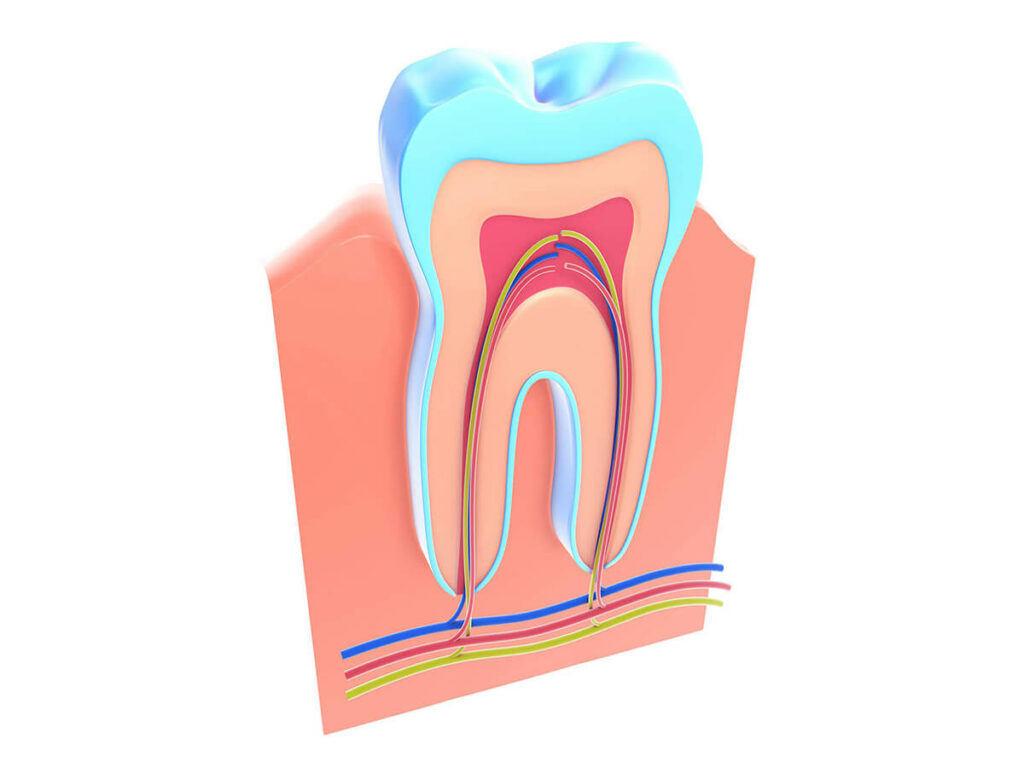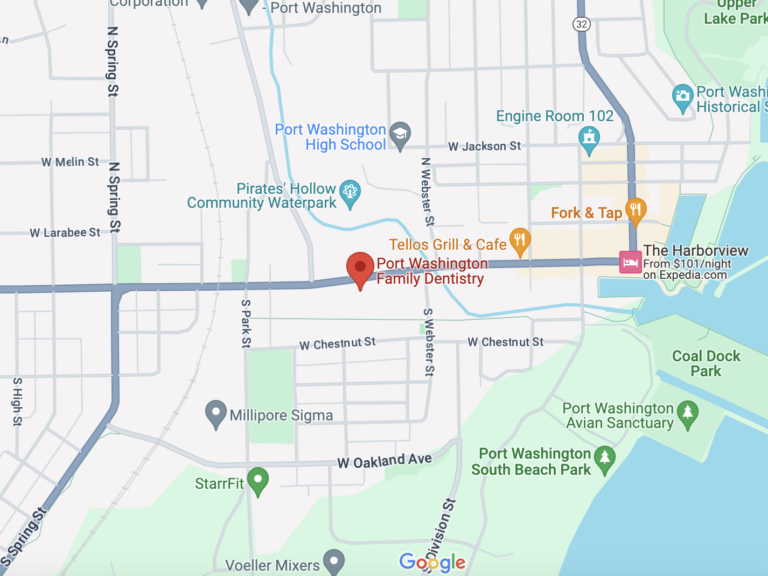Root Canal Treatment
Root canal treatment can save an infected tooth from otherwise certain extraction—it’s a proven procedure that will leave your mouth healthy and strong while restoring its natural appearance.
Root Canal Treatment
Toothaches are a vivid reminder that teeth aren’t just pieces of hard tissue floating around in the gums. They’re intricately formed sensory organs with layers of dentin and enamel overlaying a living pulp. Coursing through the tooth’s pulp is a vital bundle of nerves and blood vessels providing nutrients and sensation to each tooth. As long as the pulp stays healthy, you’re rarely aware of the systems at work.
Tooth pain can be especially alarming, but it’s meant to warn you that something’s not right. Pain tells us that the bundle of nerves and vessels inside your tooth is irritated, damaged, or under attack.
A deep cavity can give bacteria access to the inner nerve bundle. In some cases, a significant infection, called an abscess, may develop in your jaw without any symptoms at all. If Dr. Adam Lysak determines that the nerve won’t recover or if an infection is present, then root canal therapy may be suggested.
Modern anesthetics provide powerful numbing for gentle removal of the inflamed nerve inside the tooth. The nerve canal undergoes disinfection and careful shaping, and a sealer fills the internal space. A filling or crown over the tooth helps return the tooth to its original function.
We invite you to learn more about root canal treatment by visiting our office or giving us a call at 262-284-9011.

-
What is a root canal?
A root canal is a procedure used to save a tooth when the nerves inside become inflamed. The dentist must remove the infected tissue in order to save the tooth and remove the pain. Once that is done, the infected area is cleaned out.
Root Canal Symptoms
A patient suffering from an infected root canal will almost certainly recognize that there is something wrong. They will usually be in severe pain and will notice the following symptoms:
- Severe and intense toothaches that won’t go away
- Sensitivity to hot and cold foods and drinks
- Swollen and tender lymph nodes
- Recurring abscesses on the gums
Generally, but not always, a crown will need to be placed after the root canal treatment is complete in order to protect the tooth from any further damage.
-
How is root canal treatment performed?
Root canal treatment starts with digital X-rays to determine the extent of the damage. The dentist will carefully access the tooth’s inner structure and carefully clean out the infectious material to leave the tooth as a hollowed-out structure. Then they flush the area with an antimicrobial liquid. The tooth is then treated with a medicated filling substance to offer support and strength to help the tooth heal in a timely manner. To protect the tooth, a dental crown is placed over the structure to prevent fractures and breakages.
-
How long does the pain from a root canal last?
There is a common misconception that root canals are very painful. The truth is, the root canal procedure itself isn’t usually any more painful than a tooth filling. Dentists typically provide an anesthetic before the procedure so during and a short while after there isn’t a huge amount of discomfort.
Some sensitivity and discomfort are common while the area around the root canal heals. Gums can become swollen or agitated during the procedure, which results in mild pain. This pain should subside when the tooth is healed. After your treatment, your dentist will provide you with special instructions on how to care for your newly treated tooth.
More Questions?
If you have more questions about root canal treatment, please contact our office and we will be happy to discuss further.

